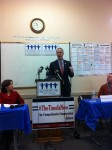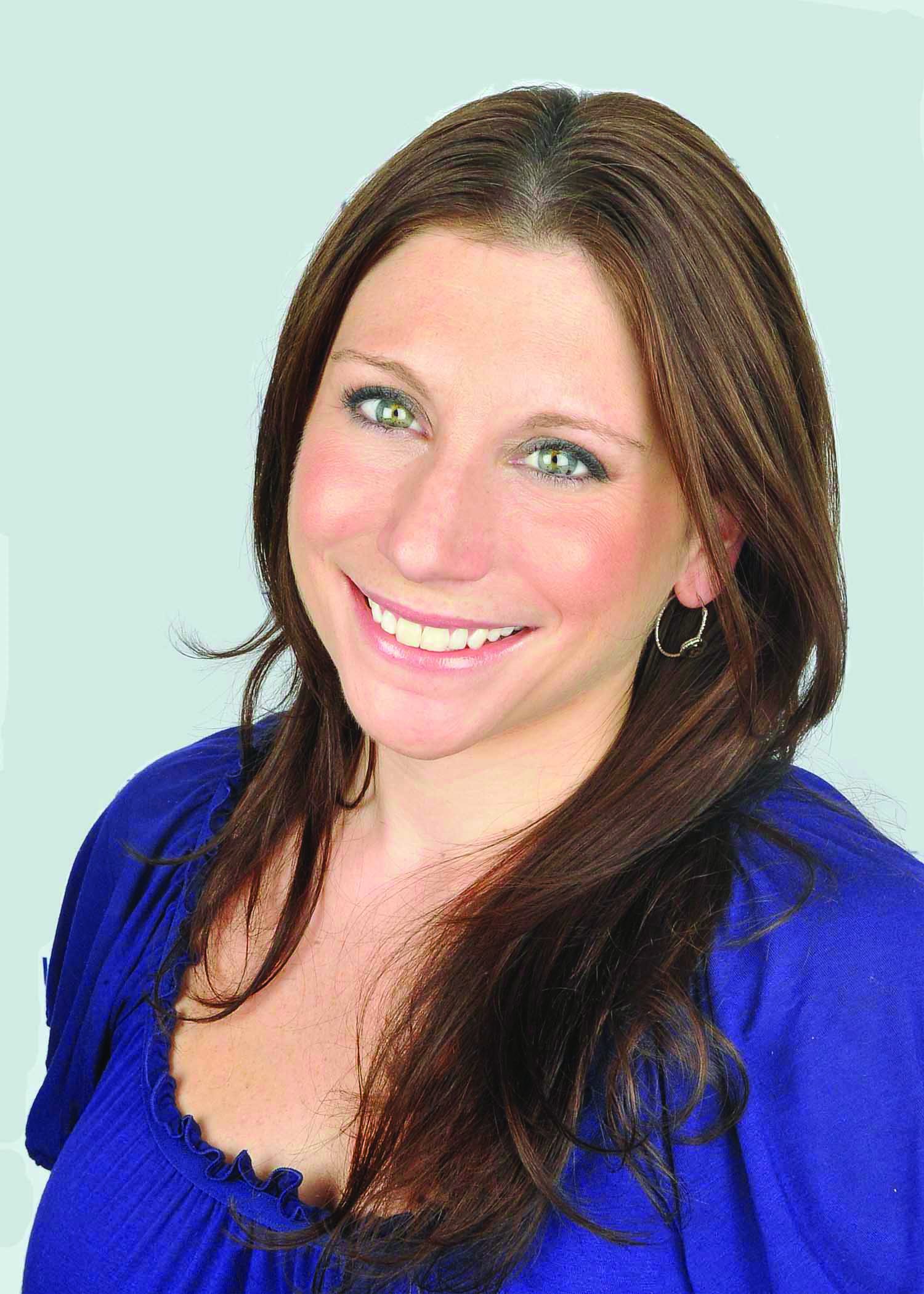Mt. Kisco Forum Raises Challenges, Concerns of Immigration Reform
By Janine Bowen

Community members in Mount Kisco and surrounding towns braved poor weather Monday morning to reach Congressman Sean Patrick Maloney’s immigration reform hearing and press for the need to see long anticipated changes.
The meeting, held at Neighbors Link, was intended to create a forum for people closely involved with immigration to help outline why reforms are critical.
“We are working on this issue, many of us, in Washington. It’s frustrating because it’s a big problem and it’s a big piece of legislation and a lot of people have a lot of different ideas about it,” said Maloney, who co-sponsored the comprehensive immigration reform bill in the House of Representatives. “I am absolutely committed to fixing this problem at the legislative level but we will never create the kind of community we want to create unless we all work together at the local level.”
Nearly a dozen local residents, teachers, business owners and religious leaders, related why they strongly support comprehensive immigration reform. Several speakers discussed that immigrants typically face a difficult ordeal, and that many view coming to the United States as their only hope for a better life.
“The decision to migrate is a decision that is forced on a family,” said Neighbors Link Executive Director Carola Bracco, an organization which aims to help immigrants integrate into the community. “To migrate, to leave one’s family, home and culture is rarely a choice. It is a survival strategy. It is a tremendous risk full of loss and sacrifice.”
Bracco emphasized that immigrants need a simplified path to citizenship rather than pity.
Speakers, several of whom had immigrated to the United States, said the comprehensive immigration reform bill would make the difficult path to citizenship easier.
Kalyan Achanta, an IBM strategy consultant who has earned two masters degrees, came from India 12 years ago and has still not been granted citizenship. Each time his status changed from student to employee, he had to restart the years-long paperwork process. He is also hindered by the current law that limits the number of people from a particular country to be granted citizenship each year.
Achanta explained that even though he has been living in New York for more than a decade, he is still worried that one day he will be forced to return to his native country. He would like to see the application process made more equitable.
“I’m still as insecure as I was on the day I arrived [in America], because I am on that H1-V Visa…and it has to be renewed every three years,” he said. “If by any chance I can’t do it on time, I have no choice but to pack my bags, drop everything I have here…and go back home,” Achanta said.
Manuel Lemus, a Guatemalan immigrant and Mount Kisco resident, hopes that any reform will allow new arrivals the opportunity to reach the same goals as American citizens.
“With a travel permit, I could visit my family in Guatemala. I could go back to school. Without the reform, I cannot achieve my dreams,” he said.
During the hour-long hearing, several other speakers touched on how reform would affect other services, such as education and health care. Maloney and several religious leaders pointed out that the issue is not only rooted in politics, but in morality as well.
Bedford Presbyterian Church Pastor Paul Alcorn noted that immigrants are similar to Americans, people who are trying to create a good life for their families, not take opportunities away from current citizens.
“We are talking about those who work multiple jobs to give their children the opportunity at an education and a future that they never had at parents,” Alcorn said.
Although everybody on the panel was in full support of comprehensive immigration reform, there were some concerns raised. Jessica Orozco, director of civic engagement and immigration at the Hispanic Federation, applauded the recently passed Border Security, Economic Opportunity and Immigration Modernization Act, but worried that the high filing fees for the documents would prevent many immigrants from being able to apply.
“We have grave concerns that some current provision may be so demanding that many eligible individuals and families may not be able to meet the financial and documentation requirements on the road to citizenship,” Orozco said. Fees for documentation under immigration reform are estimated to be thousands of dollars.

Adam has worked in the local news industry for the past two decades in Westchester County and the broader Hudson Valley. Read more from Adam’s author bio here.

